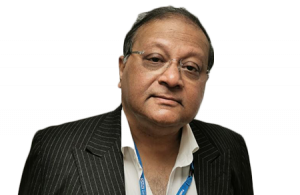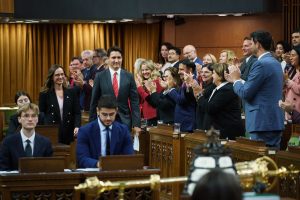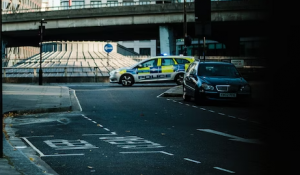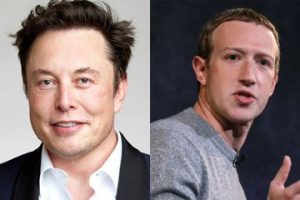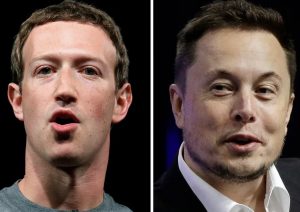Social media giant Facebook ignored its hate speech policy and allowed posts in India that called for violence against minorities on its platform. The indecision was a result of the company wanting to maintain its relations with India’s governing party BJP, a report published by the Wall Street Journal on Friday said.
The report stated that top Facebook executive in India, Ankhi Das did not apply the company’s hate speech rules to India’s Bharatiya Janata Party politicians and other ‘Hindu nationalist groups.’
The report also said that the three-day rioting that took place in Delhi in February was also organised via Facebook-owned Whatsapp, citing documents filed by police and Indian newspapers.
Also Read | Facebook launches voting information center to help users in US Elections
Current Facebook employees have stated that “The company’s top executive in the country, Ankhi Das, opposed applying the hate-speech rules to T Raja Singh and at least three other Hindu nationalist individuals and groups flagged internally for promoting or participating in violence.”
According to the Wall Street Journal report, the BJP-politician from the state of Telangana had demanded mainly-Muslim Rohingya refugees to be shot and had called India’s Muslims traitors. He had also threatened to demolish mosques in his Facebook posts and public speeches.
The report stated that Facebook’s Mark Zuckerberg had also cited BJP legislator Kapil Mishra’s video without naming him, in an employee town hall meeting conducted in June. Zuckerberg had cited Mishra’s example as the sort of behaviour that the platform would not tolerate from a politician.
The report said that in the month of March, Facebook employees who police the platform found the posts made by Singh violated the company’s hate speech rules and suggested that the banning of his account. However, Ankhi Das refused to take action against Singh who has a few thousand followers on Facebook and Instagram.
Also Read | Facebook to limit ‘imposter’ news sites from political groups
Quoting few unnamed employees, the report added, “Das, whose job also includes lobbying India’s government on Facebook’s behalf, told staff members that punishing violations by politicians from [Indian Prime Minister Narendra] Modi’s party would damage the company’s business prospects.”
According to the report, Facebook spokesperson Andy Stone “acknowledged that Das had raised concerns about the political fallout that would result from designating Singh a dangerous individual.”
The report said that the social media platform deleted some of Singh’s posts after WSJ’s queries and even demoted Singh’s account status from verified to an unverified account.
The report also cited two other BJP leaders whose objectionable posts were deleted by Facebook after they were approached by WSJ.

